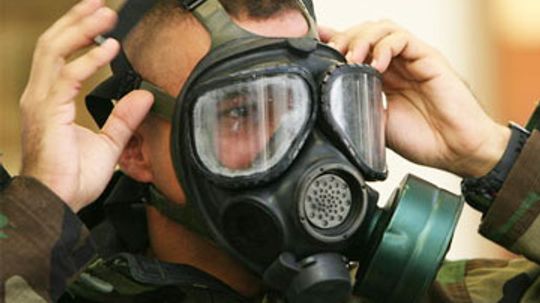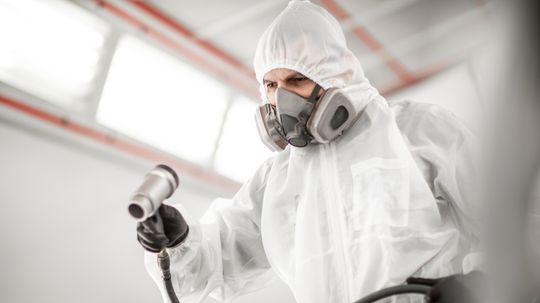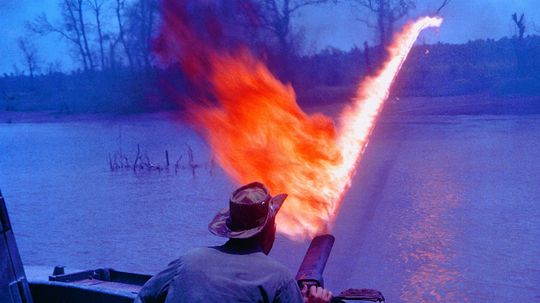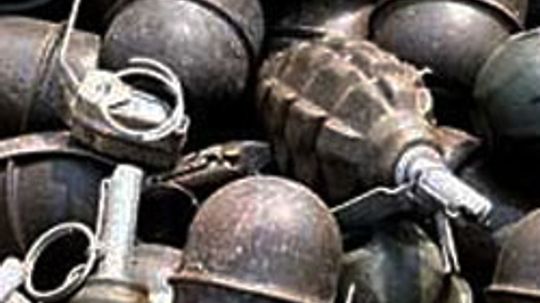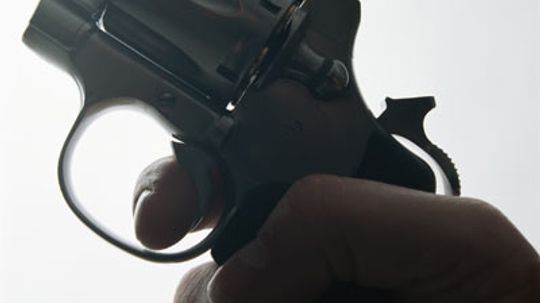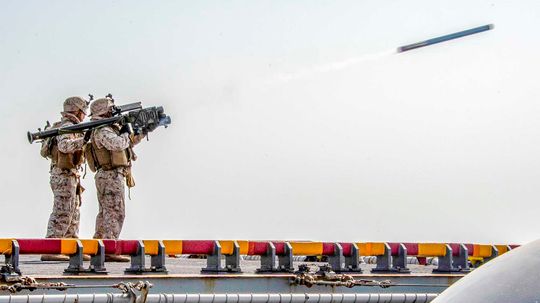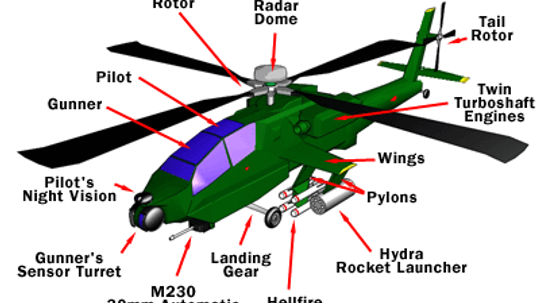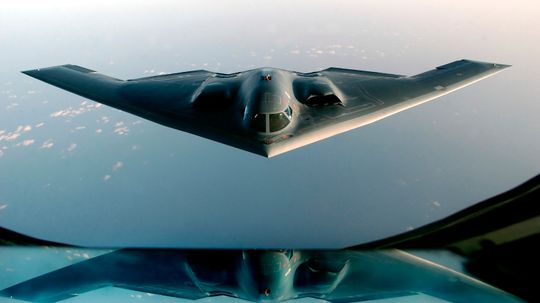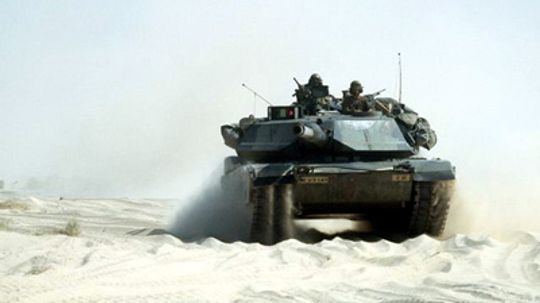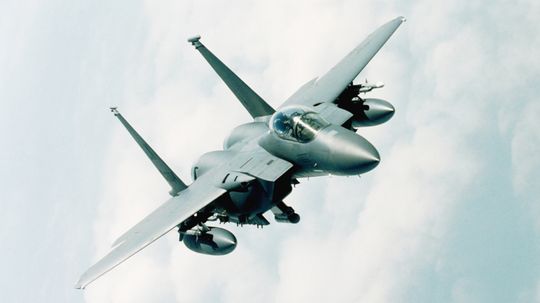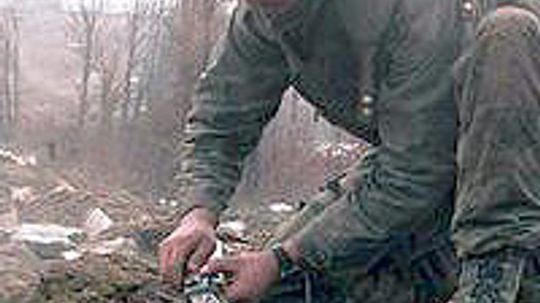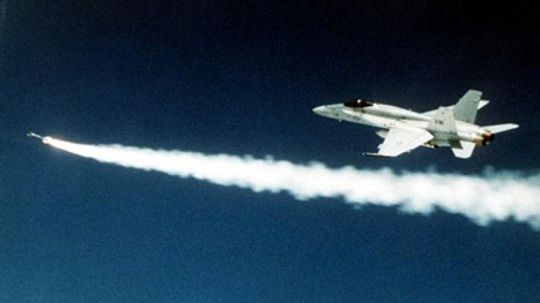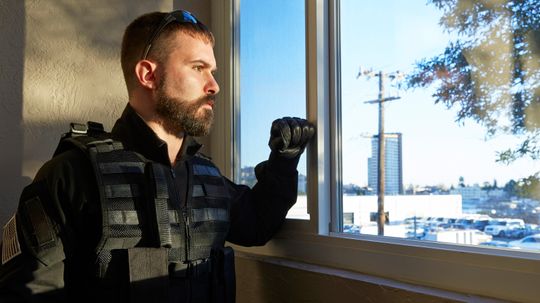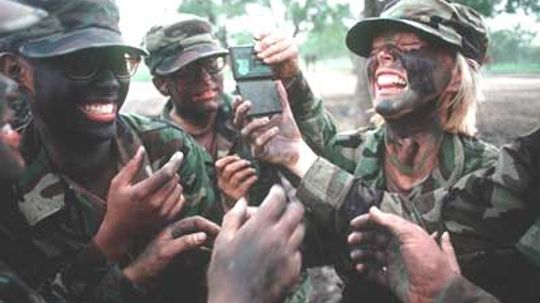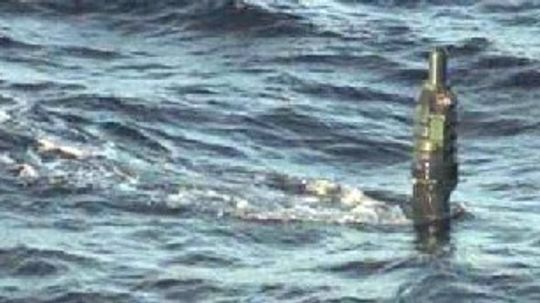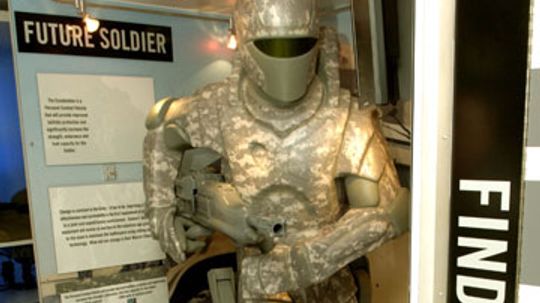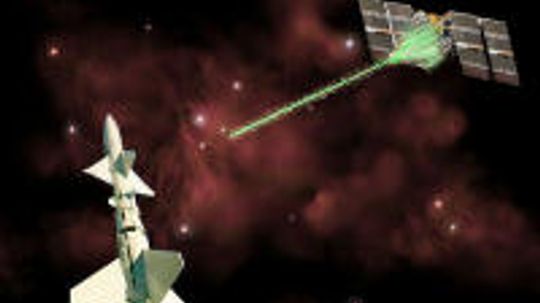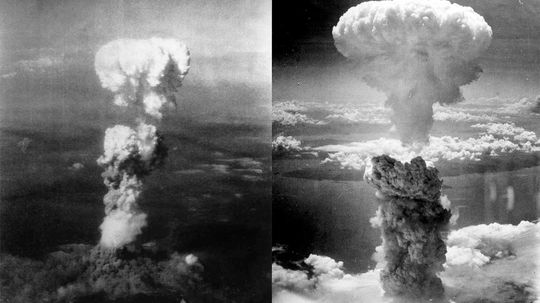Military
Explore the weapons and combat systems used by the armed services. A broad range of topics in the Military Channel includes tanks, aircraft, biological warfare and stealth technologies.

Watch Your Six: Military Jet Pictures
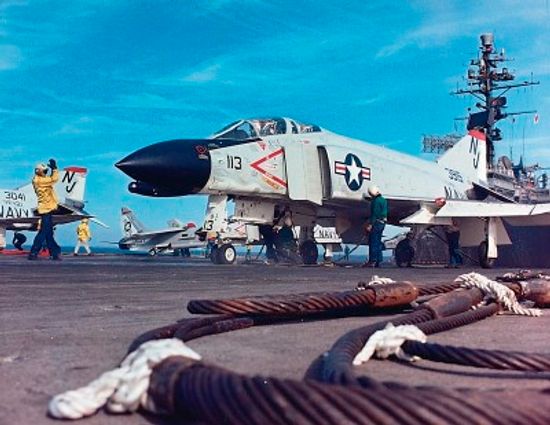
McDonnell Douglas F-4 Phantom II
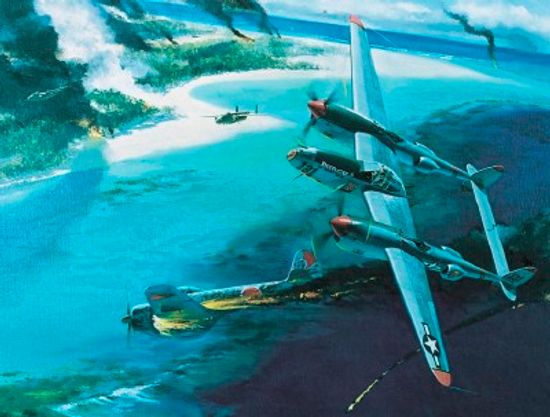
Lockheed P-38 Lightning
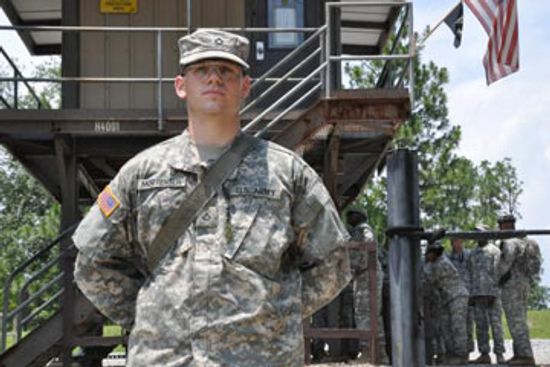
Does Army experience help your civilian career?
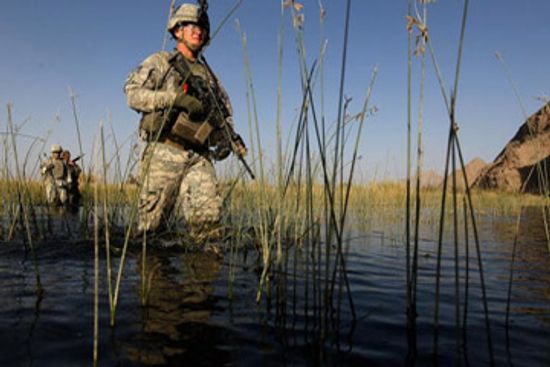
How NCO Professional Development Ribbons Work
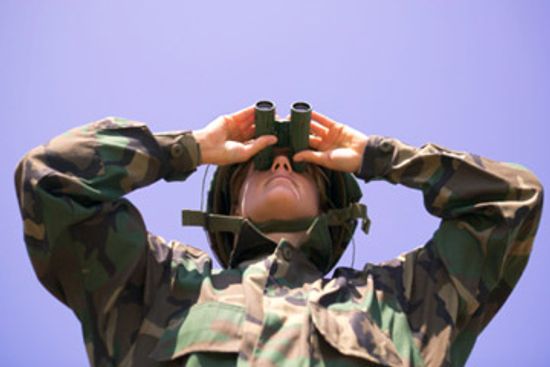
How Army Reconnaissance Jobs Work

How Agent Orange Worked
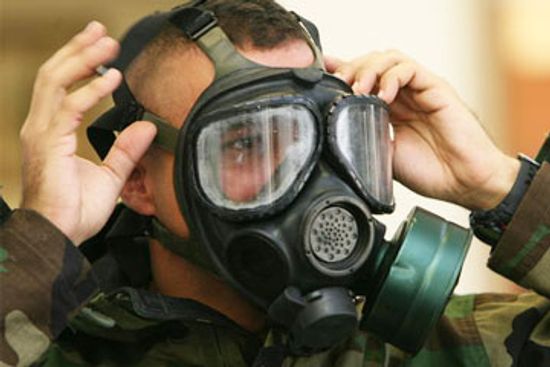
How Biological and Chemical Warfare Works
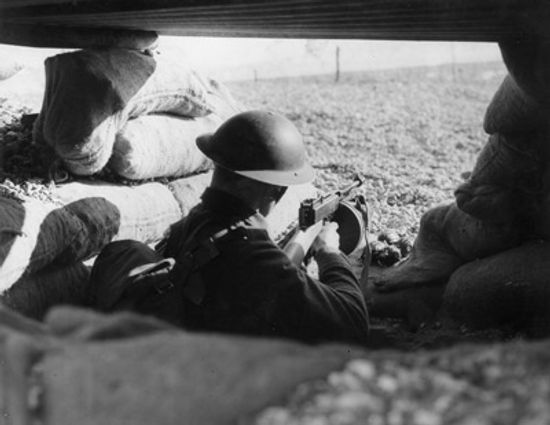
How Mustard Gas Works
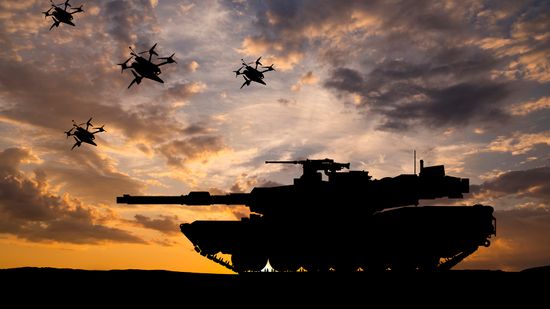
What Is the Strongest Military in the World?
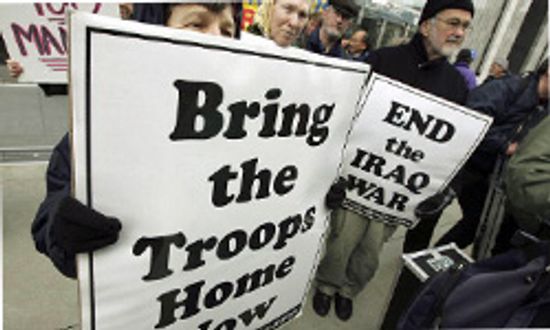
5 Countries That Ditched Their Military Forces
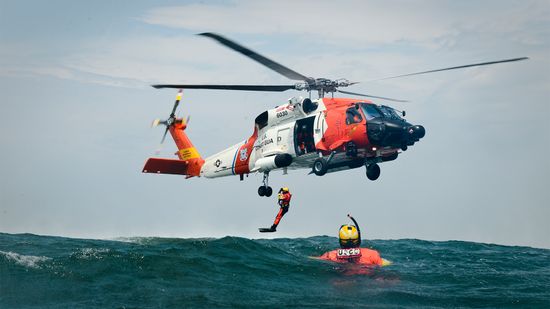
Coast Guard Rescue Swimmers Risk All to Save Lives
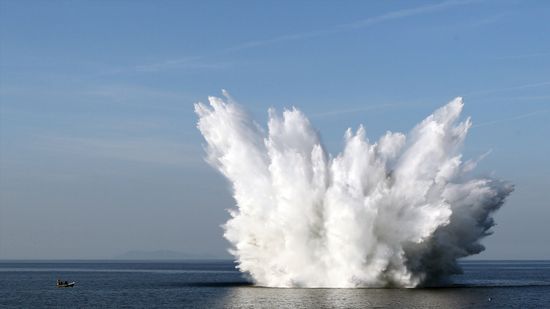
Anatomy of an Underwater Explosion

Can You Really Outrun an Explosion?
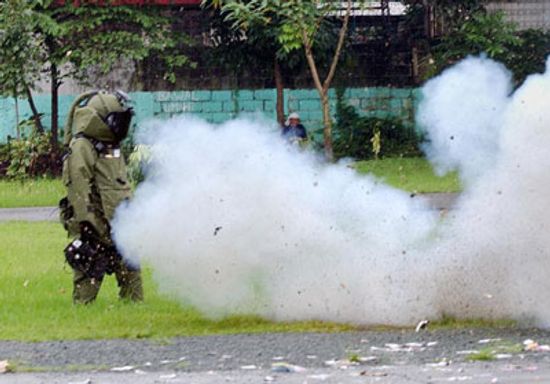
How Blast-resistant Clothing Works

HowStuffWorks Illustrated: Two Legal Gun Modifications

Gun Pictures
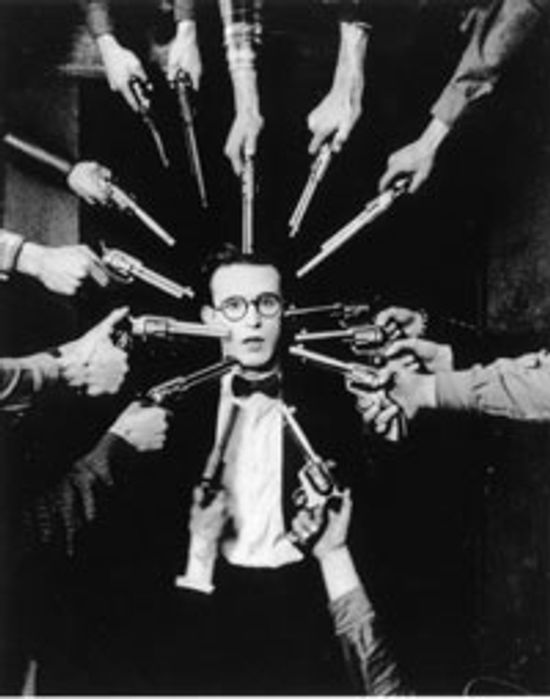
What's the world's smallest gun?
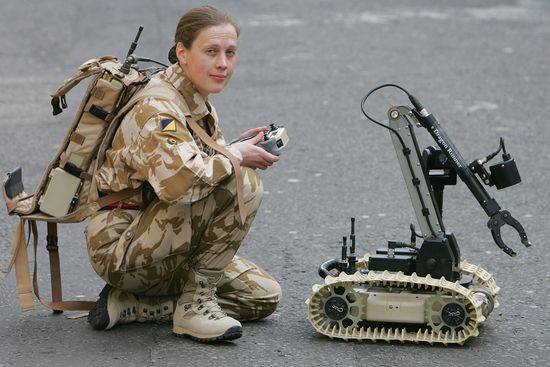
Are robots replacing human soldiers?
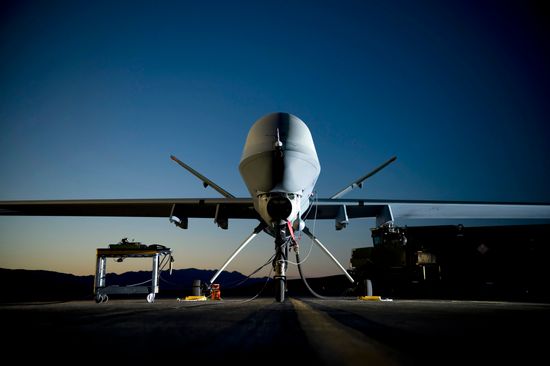
Can drones replace fighter jets?

Do wars drive technological advancement?
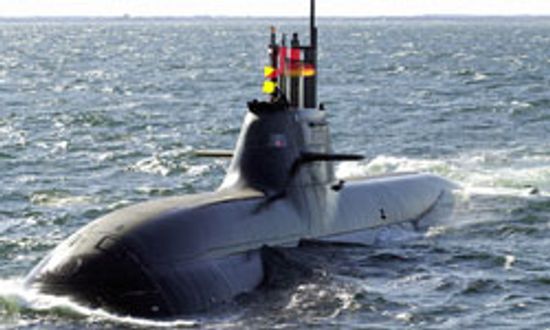
Submarine Pictures
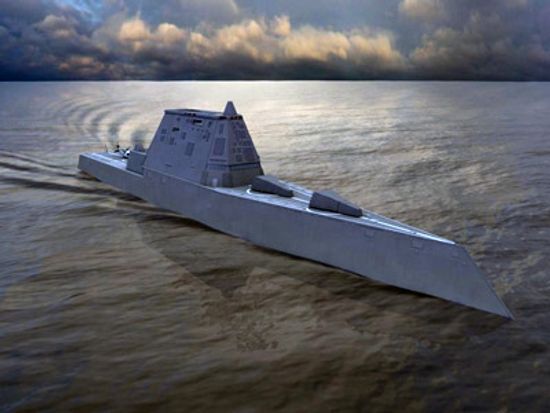
How the Zumwalt Class Destroyer Works

How Aircraft Carriers Work
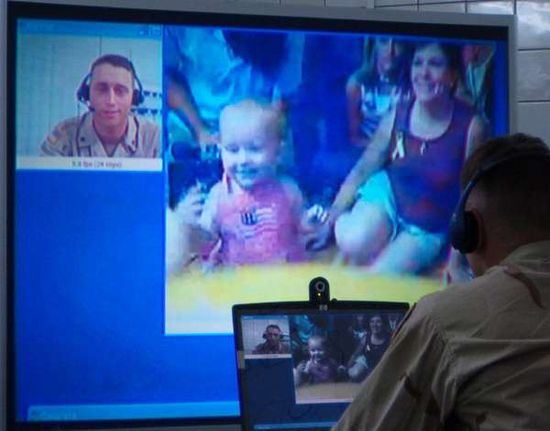
How Military Video Conferencing Works
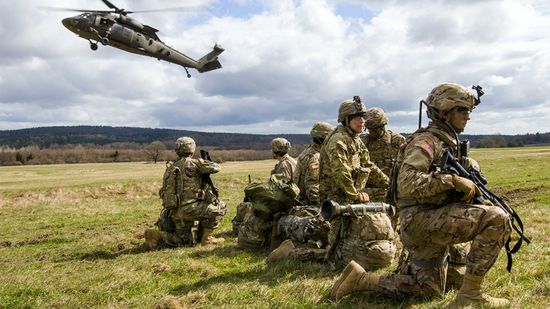
Why a Draft Would Weaken the U.S. Military

What Was the First War?
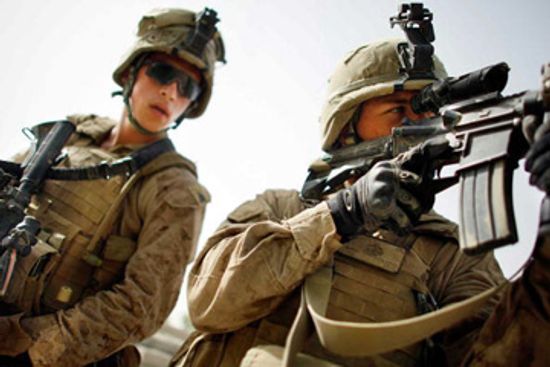
Top 5 Gadgets on the High-tech Soldier

Ghillie: Fishing Aid and Inspiration for Camo Suits

10 Insane Disguises That Actually Worked

How Code Breakers Work
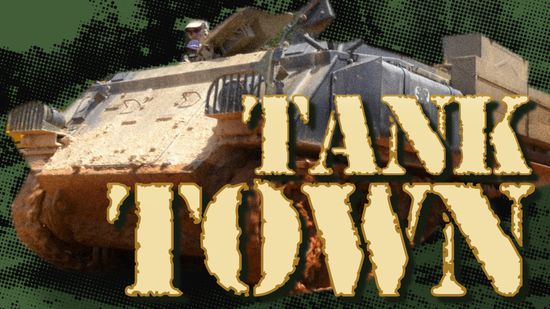
YOU Can Drive a Tank!
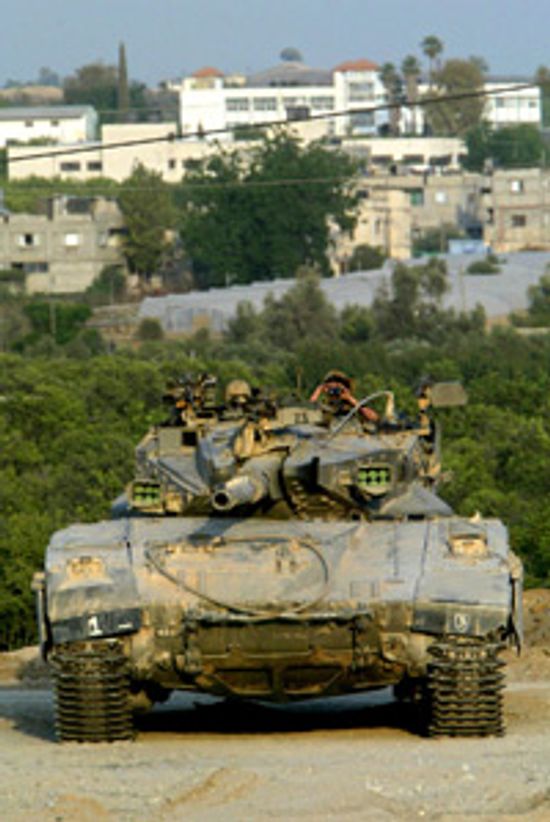
Is the army testing an invisible tank?
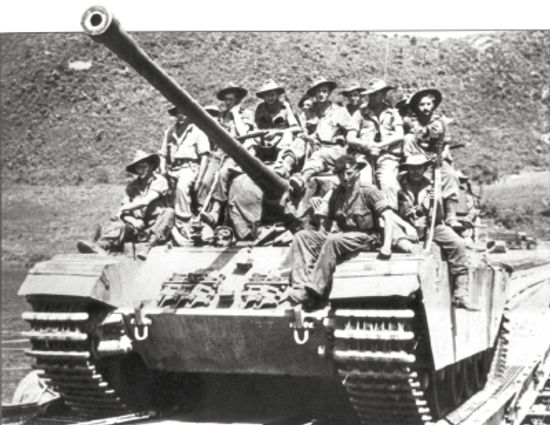
Centurion Main Battle Tank
Learn More / Page 2
If you could build a train that could travel as fast as a bullet, what would happen if you fired a gun from the back of the train ... or from the front of the train?
By Yara Simón
The 2001 anthrax attacks, the first bioterrorist attacks in the United States, took five lives. Mail was stopped in several cities and it cost more than $1 billion to clean up the spores. So where does the U.S. stand if it's attacked again?
Companies are reporting waiting lists for gas masks. Learn how these devices work and what they can actually protect you from.
Advertisement
The invention of the machine gun forever changed the battlefield. While soldiers once had to reload after a single shot, they now can fire hundreds of rounds per minute without a single pause.
When humans discovered fire, they learned to cook their food in a controlled environment. What came next? Flamethrowers, of course. What do flamethrowers have in common with their living counterpart -- fire breathers?
By Tom Harris
Grenades are a devastatingly effective weapon on the battlefield. Find out what happens when a soldier pulls the pin and tosses one of these miniature bombs at the enemy.
By Tom Harris
The revolver turned shooting a round into a one-step process, forever changing the face of crime, law enforcement and self-defense. Find out what goes on inside a revolver.
By Tom Harris
Advertisement
The Stinger missile is a deadly man-portable air-defense system (MANPADS) that can be rapidly deployed by ground troops. It's lightweight, combat-proven and has a greater than 90 percent success rate. So how are Stingers used and against whom?
An Apache helicopter went down near the Iraqi town of Taji yesterday -- it's the third helicopter to go down in Iraq in 10 days.
By Tom Harris
There is some serious technology and ingenuity involved in making a 172-foot-wide, bomb-carrying aircraft "disappear." Find out how the B-2 bomber deals with enemy radar.
By Tom Harris
The M1 can withstand an attack from any tank out there -- including another M1. Learn all about the toughest armored land vehicle in the world.
By Tom Harris
Advertisement
Floats like a butterfly and stings like a bee -- the F-15 is the Muhammad Ali of the skies. The military has been using this fighter jet since the '70s, and it still outmaneuvers the competition. Find out why this plane has a perfect combat record.
By Tom Harris
C-4 is in the news quite a bit these days -- it's a powerful explosive that's used in terrorist attacks all over the world. Find out what C-4 explosive is and what it can do.
By Tom Harris
A Sidewinder missile weaves through the air toward an enemy target as if it has a mind of its own -- and in a way, it does. High-tech "smart weapons" take most of the guess work out of hitting a target. Find out how Sidewinders seek and destroy.
By Tom Harris
On a television drama last week, the plot involved photos taken of a Russian missile silo, and the characters mentioned a "keyhole satellite." What is a keyhole satellite and what can it really spy on?
Advertisement
Body armor is essential for many people in high-risk professions. The strange thing is, the most common armor is actually a high-tech, soft netting. Learn how modern armor technologies stop bullets.
By Tom Harris
Gathering reconnaissance during battle typically puts small teams of soldiers in harm's way. Tiny robotic flyers, called micro air vehicles (MAVs), could do away with this danger. Learn all about spy flies.
By Kevin Bonsor
Camouflage is critical in military operations. Learn about different types of camouflage and see how the art of blending in is keeping up with modern detection systems.
By Tom Harris
The film "Pearl Harbor" is now playing. Look at the aircraft involved in that battle, technological marvels for their time.
By Jeff Tyson
Advertisement
Landmines are a deadly legacy of 20th century warfare. Independent sources report that since 1975, landmines have killed or maimed more than 1 million people during peace time. Learn about the technology of landmines and their deactivation.
By Kevin Bonsor
The U.S. Navy's new subs will use photonics masts instead of periscopes. Learn how these imaging devices will work.
By Kevin Bonsor
If you're a fan of Iron Man comic books and movies, you probably wish you had a flight-capable suit of armor to battle evildoers. Well, you might just be in luck.
By Kevin Bonsor & Patrick J. Kiger
Weapons in space that can knock down missiles have been under development for years and are starting to look realistic. Learn how they will work!
By Kevin Bonsor
Advertisement
Nine countries hold the 13,000 nuclear weapons in the global stockpile. That's less than during the Cold War but it doesn't change the fact that these bombs are still a threat to global humanity. So how do they work and are we close to nuclear war?
What once was "Star Wars" under Reagan is now National Missile Defense under Bush. Learn more about the technology behind the system.
By Kevin Bonsor

